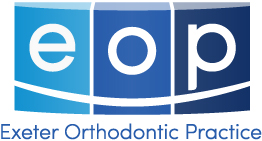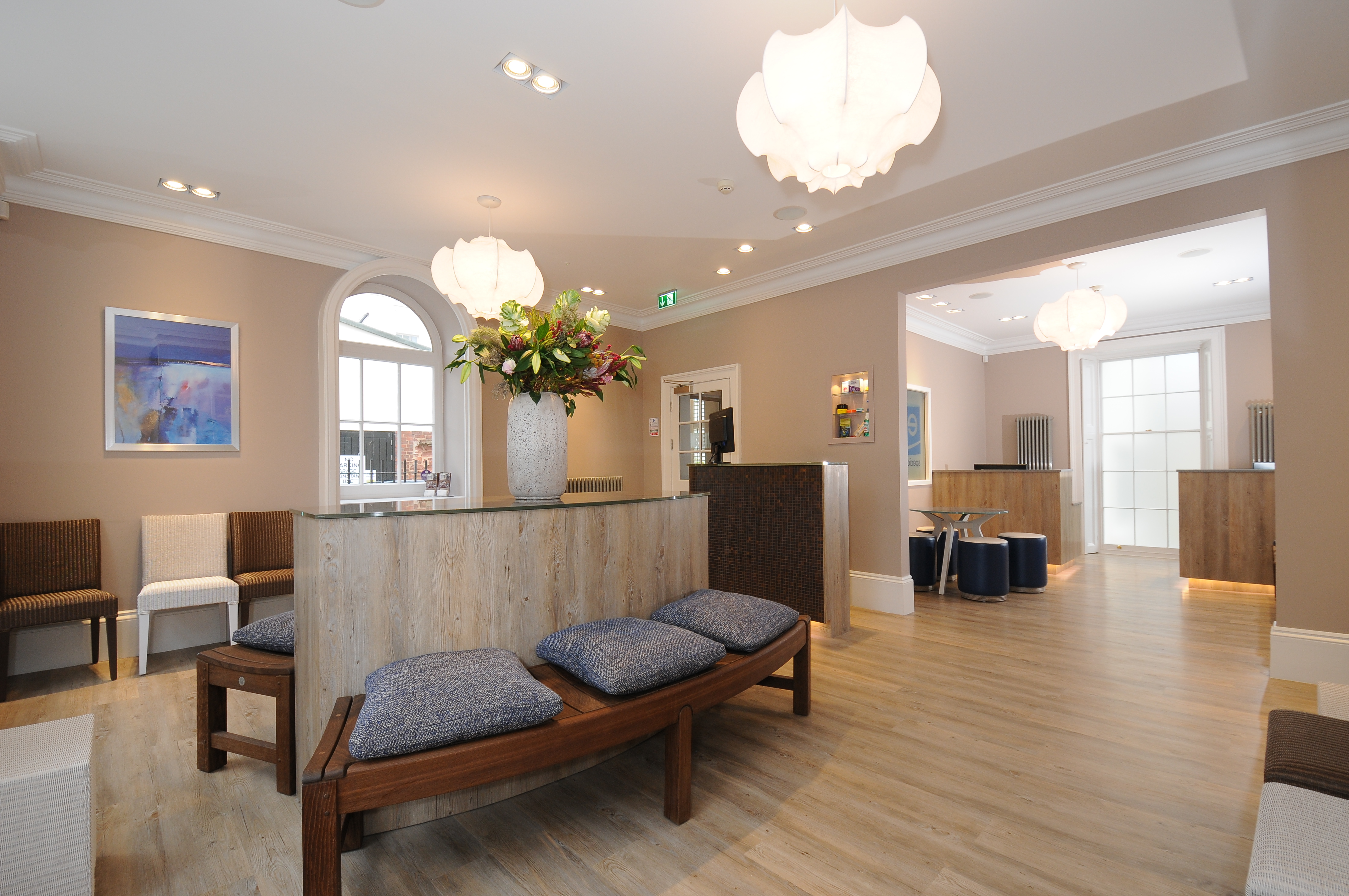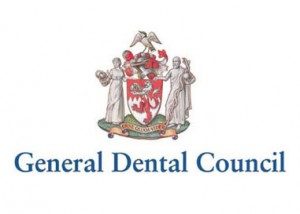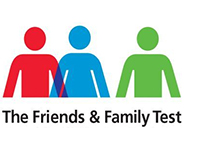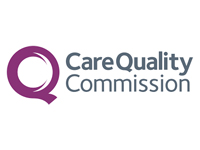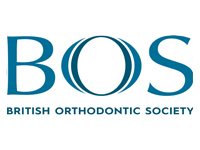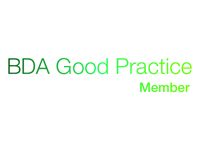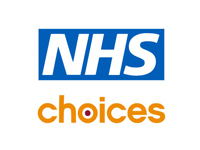Every patient needs tailor-made treatment, planned by the orthodontist and agreed with you, the patient. Treatment can take more than two years so it is important you are happy from the outset with what is recommended. The types of braces which we use most often include:
Fixed braces these are the most common type of brace today, often known as “train tracks”. Brackets are glued onto the teeth and linked by wires. Small, stretchy elastic rings are often used to hold the wire in position. The wires start to exert gentle pressure to move the teeth into a new position. The brackets can be metal, ceramic or even gold and the elastic rings come in many colours.
Removable braces these are sometimes used for correcting a simple problem, such as moving a single tooth or expanding the dental arch. It has a plastic base plate with wires and springs attached. Removable braces need to be worn all the time except for cleaning or sport.
Functional appliances these are used to harness the growth of the jaws and improve way the upper and lower teeth meet. There are several designs all of which fit on to both the upper and lower teeth and hold the lower jaw forward.
They are mostly removable but should be worn as near to full-time as possible. The most popular functional appliances used in the Exeter Orthodontic Practice are called twin blocks. Although these braces can be quite chunky, if they are worn well, they can produce great results.
Retainers at the end of treatment, all patients should wear retainers to hold their teeth in the new position. These can be removable or fixed and are an important part of treatment.
